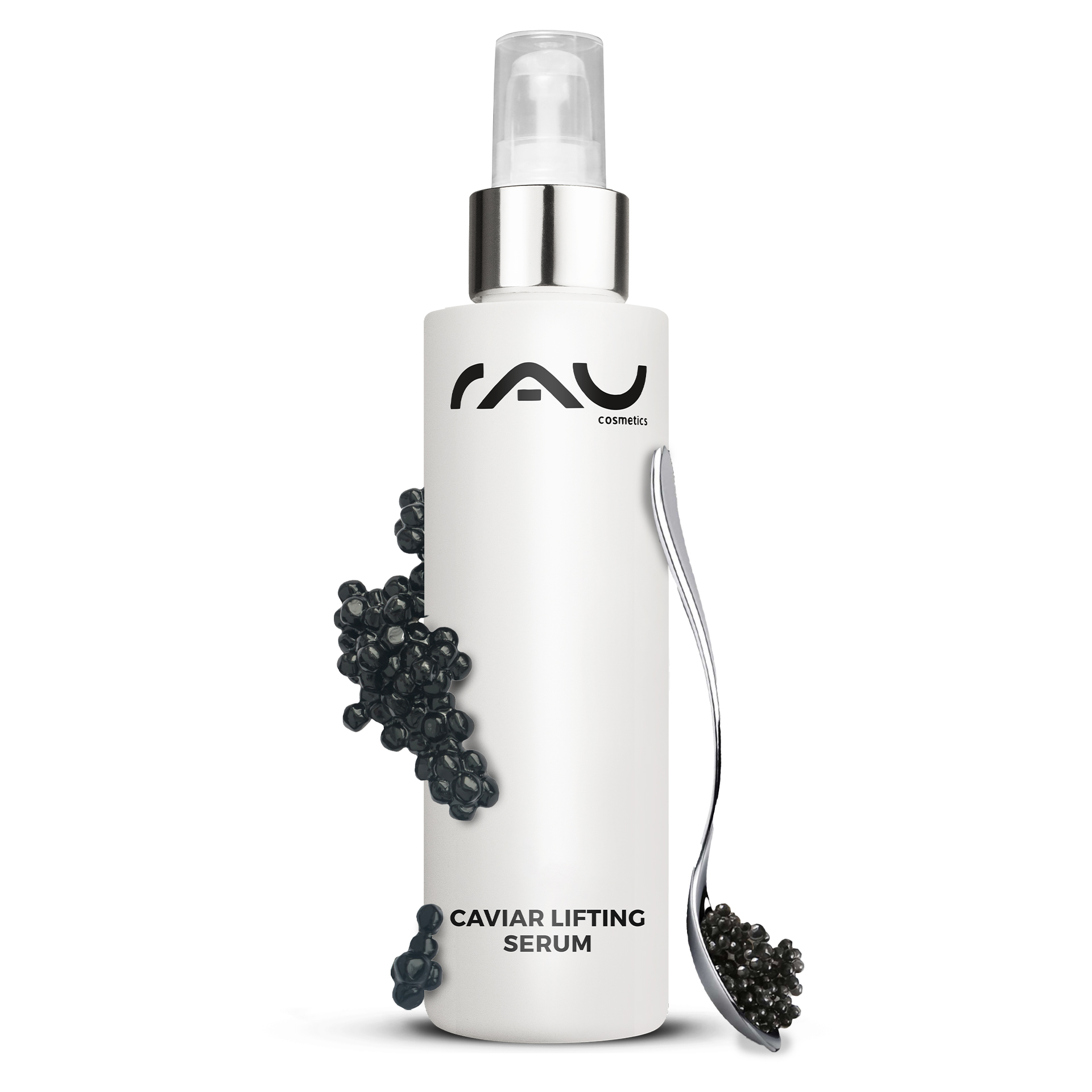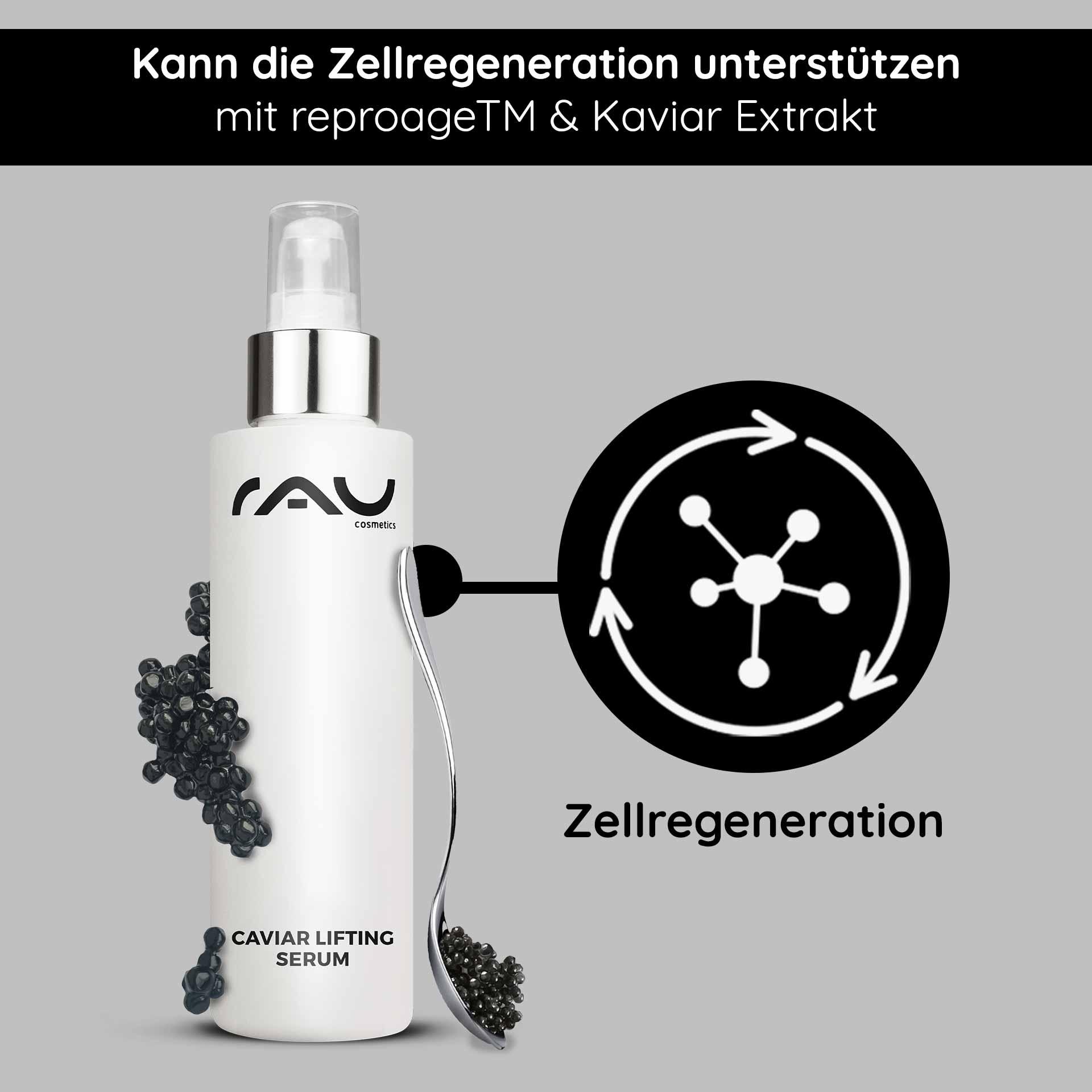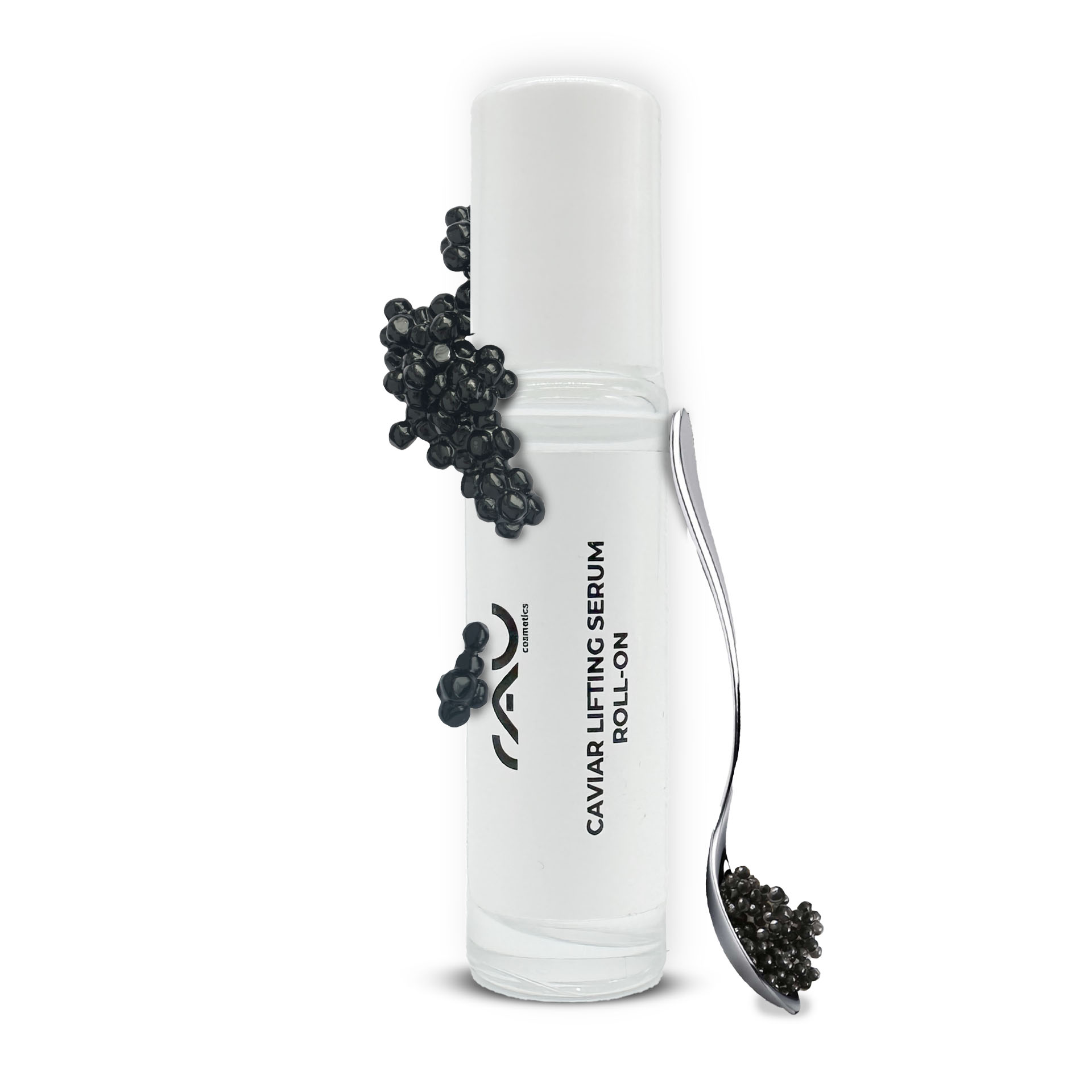SODIUM PHOSPHATE
Learn all about sodium phosphate in skincare, its effects, benefits and safety for different skin types.
Content: 0.1 Liter ($511.10* / 1 Liter)
Content: 0.01 Liter ($1,994.00* / 1 Liter)
The importance of sodium phosphate in skincare
Sodium phosphate, also known as sodium phosphate, is an ingredient found in various skincare products. This mineral plays an important role in maintaining the skin's pH level and offers various benefits for skin health.
General information about Sodium Phosphate
Sodium phosphate is a salt of phosphoric acid and is commonly used in the cosmetics industry. It is known for its ability to regulate the pH in skin care products, helping to stabilize the formula.
Chemical properties
Chemically, Sodium Phosphate is a white, crystalline powder that dissolves easily in water. It is available in various forms, including monosodium phosphate (NaH2PO4), disodium phosphate (Na2HPO4) and trisodium phosphate (Na3PO4).
Effect of sodium phosphate in skin care
The main function of sodium phosphate in skin care is pH regulation. A balanced pH value is crucial for maintaining the skin barrier and can help to protect the skin from harmful environmental influences.
Moisturizing
As an ingredient in moisturizers, Sodium Phosphate can help maintain the skin's natural moisture balance and prevent dryness.
Skin protection
In cleansing products, sodium phosphate helps to protect the skin from drying out and preserves its natural moisture content.
Areas of application and safety
Sodium Phosphate is found in a variety of skin care products, from cleansers to creams and serums. It is generally considered safe for most skin types, although those with sensitive skin or certain skin conditions should exercise caution.
Compatibility with the skin
Studies have shown that Sodium Phosphate is generally well tolerated by the skin and rarely causes irritation or allergic reactions.
Summary
In summary, sodium phosphate is an important ingredient in skin care, helping to regulate the pH and protect the skin from drying out. Its wide range of applications and generally good tolerability make it a valued ingredient in many skin care products.




